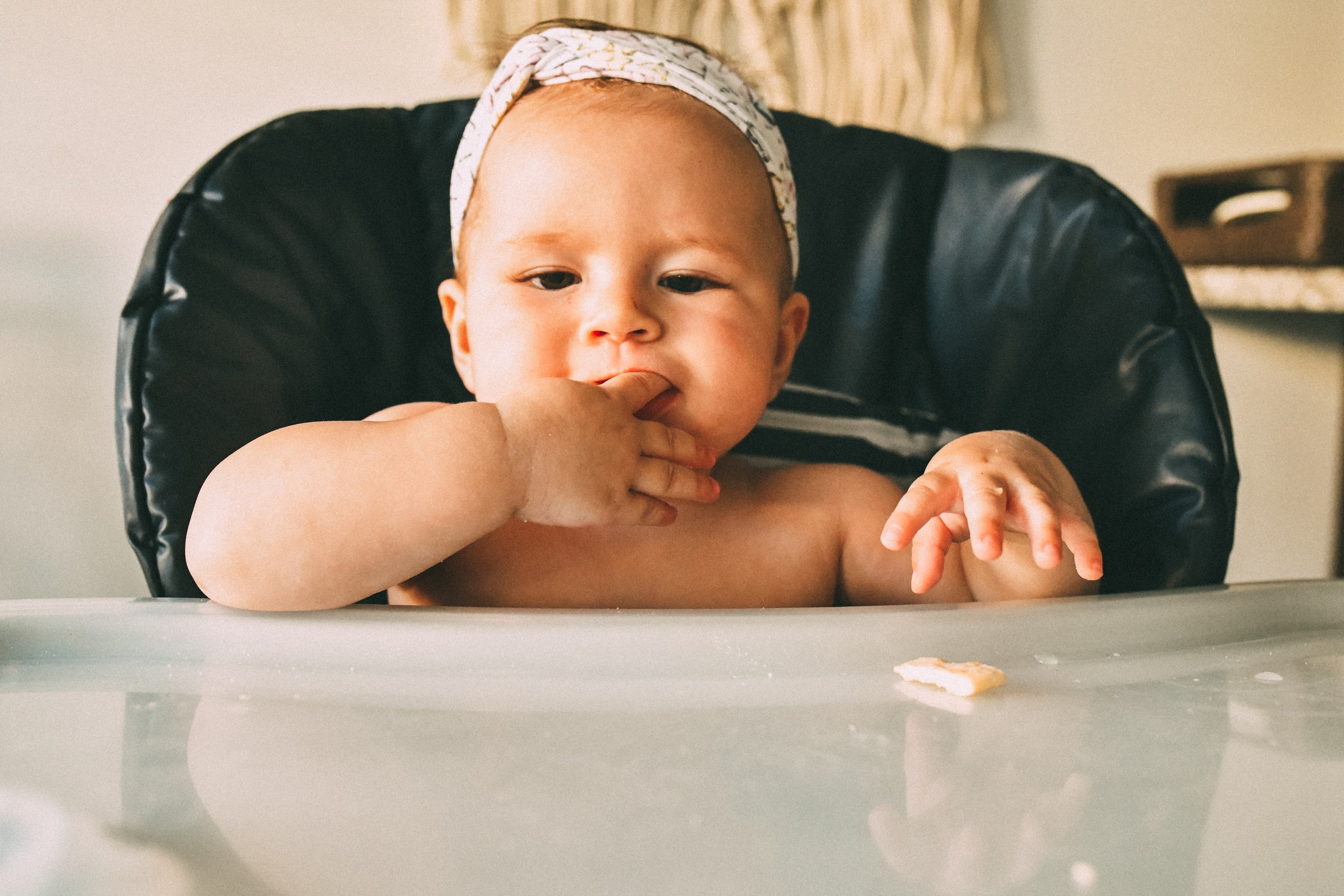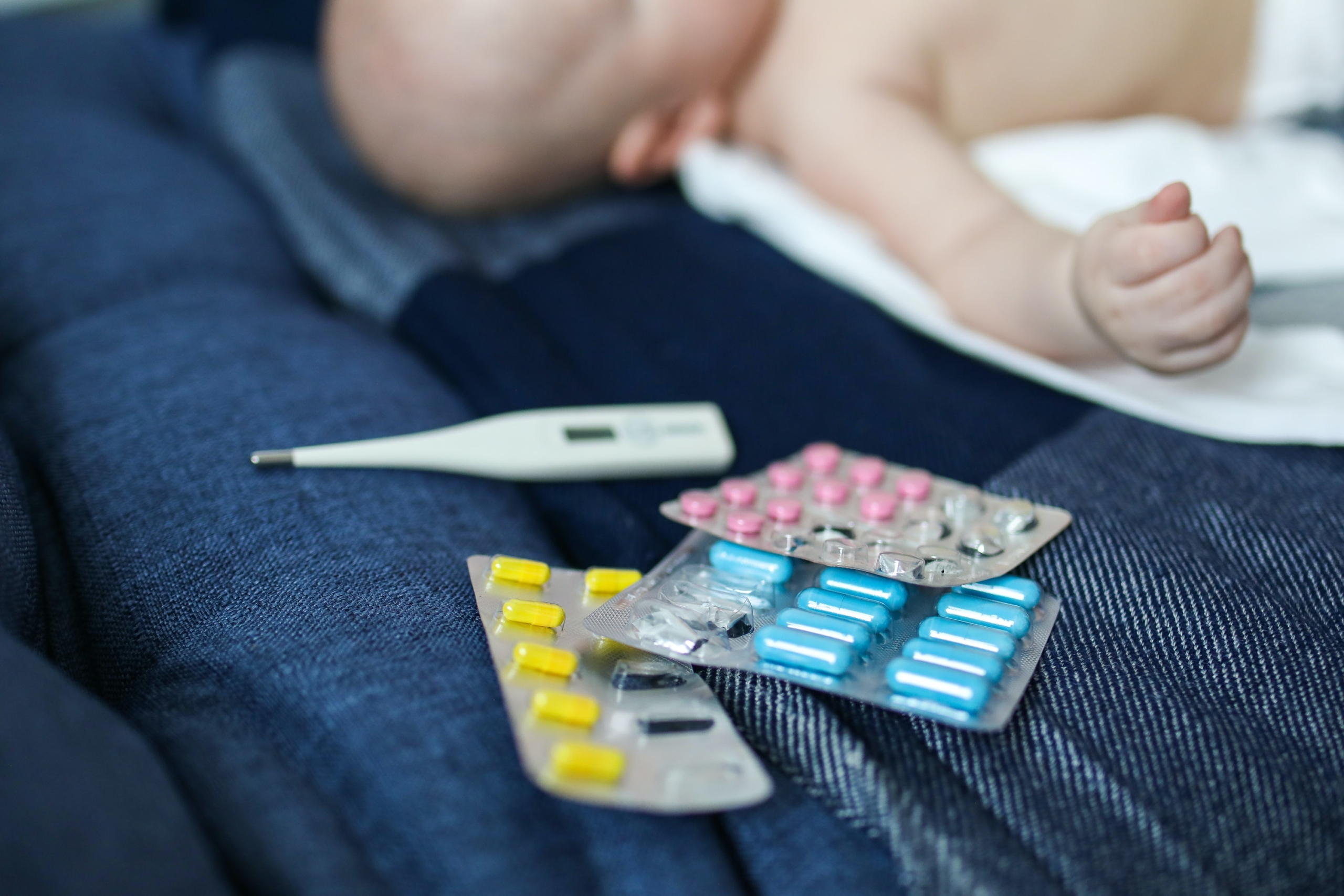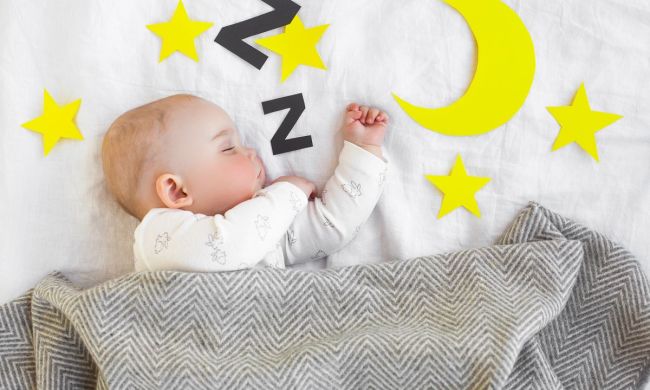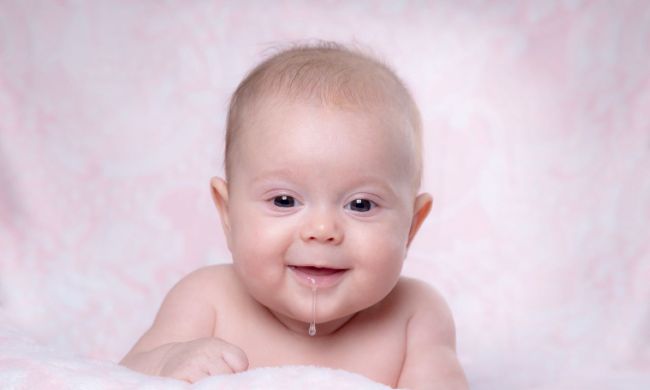Allergies can be a complete pain. No one wants to deal with itchy and watery eyes, a runny nose, or an irritated throat. This is even more true when it comes to your baby, who can’t understand what’s happening and why they feel the way they do. The scary situation is difficult for them to relay to you, and you just want to help your baby get relief. Allergy medicine is usually an essential item for your infant – they are commonly kept in first-aid kits alongside over-the-counter medicines. But should you really get allergy medicine for your child?
Allergic reactions in babies
The good news is, in general, infants aren’t prime candidates for seasonal allergies. They’re more likely to experience food allergies or skin allergies. Allergies, just like asthma, are also most likely to appear around age 4 and are more likely if a parent has allergies or asthma.
Common signs of allergies in children are the same as those you might see in an adult:
- Postnasal drip
- Either a runny or stuffy nose (or a mixture of both)
- Sneezing
- Watery, itchy, red eyes
- Inflamed, itchy, or rash-covered skin
- Ear infections or discomfort
If you suspect your child has severe allergies, you’ll want to speak to a pediatrician, especially if your child is below the age of 4.
Food allergies in infants

Often, there’s no need to worry about food allergies in infants until your child has begun eating foods other than formula or breast milk. After that point, many recommend you steer clear of feeding your child some of the most common food allergens, including:
- Peanuts and tree nuts
- Dairy
- Eggs
- Seafood
- Soy
- Wheat
While the signs of an infant food allergy overlap a little with some of the most common signs of allergies in children, food allergies also present as gastrointestinal problems, swelling of the face or limbs, and sometimes trouble breathing. Unlike many allergies that can be treated with baby allergy medicine, food-related allergic reactions are more serious and should be treated by a professional, and quickly.
Seasonal and indoor allergies in infants
Seasonal and indoor allergies in infants are usually less severe and easier to care for, and they can be detected by the presence of the most common signs of allergies.
One of the first things you can do to alleviate your infant’s seasonal or indoor allergies, before trying a baby allergy medicine, is to remove the allergen. This might include removing fresh flowers or plants from your home, keeping windows closed during allergy season, keeping your home exceptionally clean, switching to a new perfume or fragranced beauty product, cleaning dust-attractant pillows or blankets, or investigating the possibility of mold or mildew in your home.
Treatment for infant allergies
If removing the allergen isn’t enough to keep your infant’s allergies at bay, it may be time to try some baby allergy medicine.
Antihistamines are available over the counter and come in various forms, including syrup, chewable tablets, and meltable tablets. Both antihistamines and decongestants are popular to treat seasonal and indoor allergies.
If your child exhibits skin reactions to an allergen, your pediatrician may prescribe a corticosteroid, which is available as creams and nasal sprays, as well as pills and liquids.
Some parents, especially parents of infants who are too young to take many baby allergy medicines, additionally prefer to use a nasal bulb to clear infants’ nasal passageways and flush them with a baby-safe saline compound.
Allergy medicine for babies under 2
Popular baby allergy medicine options include Zyrtec and Allegra, both of which can be given to children as young as six months old. It’s vital, however, to talk to your pediatrician before you give any allergy medicine to your child and that you follow proper concentration and dosing recommendations.
Quick check: Is it a cold or allergies?

One thing you always want to be sure of, no matter how young or old your child, is whether or not the allergy-related symptoms they’re exhibiting are caused by actual allergies or, instead, the common cold. Since there’s a lot of overlap in the various symptoms, you don’t want to make the mistake of picking an incorrect treatment.
Look at when and how your baby exhibits their symptoms. Colds can last up to two weeks in a baby, while allergies can last an entire season. A fever may also accompany a cold, but fevers are very rarely present during an allergic reaction.
Easing your baby’s discomfort
While treating allergies in babies certainly isn’t easy, especially if you have a child under six months, there are solutions. Talk to your pediatrician if you suspect your child has allergies and, together, come up with a way to ease your baby’s discomfort.


